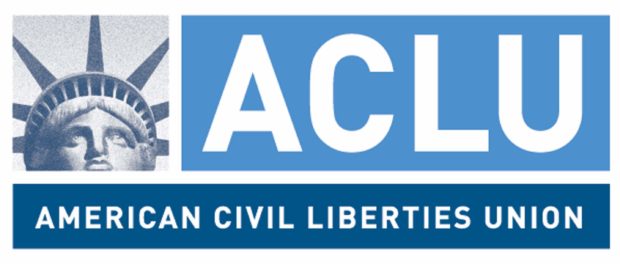Remote exam proctoring violates civil rights, California ACLU maintains
 Remote proctoring of licensing examinations, for which some fields during the COVID-19 pandemic require facial recognition software to verify the examinee’s identity, has inherent inequities and raises significant privacy and security concerns, said the American Civil Liberties Union of Northern California in an October 1 letter to the California Supreme Court regarding the state’s online bar examination.
Remote proctoring of licensing examinations, for which some fields during the COVID-19 pandemic require facial recognition software to verify the examinee’s identity, has inherent inequities and raises significant privacy and security concerns, said the American Civil Liberties Union of Northern California in an October 1 letter to the California Supreme Court regarding the state’s online bar examination.
To take the October 2020 bar exam, candidates were required to download and install software from the company ExamSoft. The ACLU is opposed to use of ExamSoft for proctoring the exam because its facial recognition technology is inherently biased and it will “be disruptive and have a disparate impact on marginalized test takers.” The civil rights organization asked the court to develop a pathway to licensure that is “both equitable ad consistent with state privacy laws.”
On appeal, Kirk argued that the National Electric Code, incorporated by board regulation as a professional standard, was not introduced as an exhibit in his hearing, and thus could not be used against him.
The specific regulation incorporating the Code simply reads: “To perform ‘electrical services’ or ‘electrical work’ means to perform, maintain, troubleshoot or supervise any electrical work covered by the National Electrical Code (NEC) as adopted by the Delaware State Fire Prevention Commission which may include but is not limited to the installation, erection, or repair of any electrical conductor, molding, duct, raceway, conduit, machinery, apparatus, device, or fixture for the purpose of lighting, heating, or power in or on any structure.” But the actual content of the code was not in the hearing record.
The court agreed with Kirk on this point. “Complicating matters,” Judge Charles Butler wrote in the opinion, “is the fact that the Board’s definition of ‘electrical work’ is that it is ‘electrical work’ covered by the NEC . . . The Court notes how much easier this review would have been if a copy of the NEC were in the record and the Hearing Examiner had referred to it in her ruling. But it is not for the Hearing Examiner to propound the evidence; that is a function left to the parties. Here, neither did.” Thus, the Code could not be used to determine whether the work being done by the unlicensed employee was “electrical work” requiring a license.
While the code was not applicable to his case, the court nevertheless ruled that the board was entitled to sanction Kirk. The regulation incorporating the Code expressly stated that it was inclusive and did not limit the definition of electrical work.
Thus, whether the work was included in the Code was not conclusive in a way that supported Kirk’s argument. In Kirk’s case, his unlicensed employee “was installing, erecting, or repairing an electrical conductor (wires are generally known to conduct electricity),” Judge Charles Butler wrote.
Kirk had allowed his employee “to work on what we may fairly presume [he] knew was electrical work.” This fact was enough to bring his behavior into the realm of practice requiring licensure. Having rejected Kirk’s arguments, the court upheld the board’s decision.

